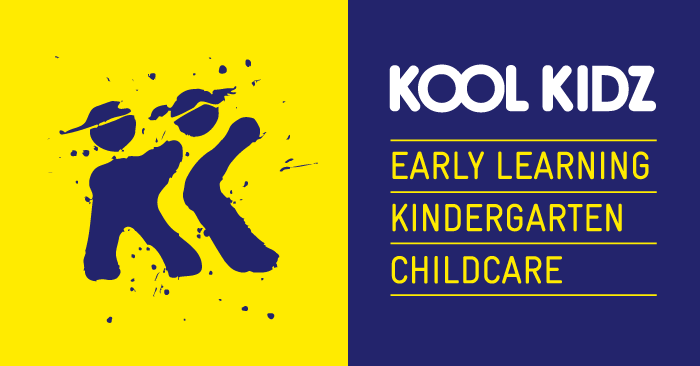What is an Early Childhood Education philosophy and why is it important?
A service’s Early Childhood Education philosophy is a collective statement that outlines the beliefs and principles guiding an organisation’s approach to education and care. It answers essential questions such as, “Why are we here?” and “What makes us unique?” A philosophy serves as the foundation for everything that happens within a service, influencing decisions, policies, and daily practices. It’s a living, breathing document that evolves over time to reflect the changing needs and values of the community it serves. Much more than a mission statement, a philosophy is the heartbeat of an organisation, especially in educational settings like Early Childhood Education.
The philosophy is the beating heart of the service, the soul of the curriculum and the spirit that nourishes the child’s (and educator’s) day whilst they are in the service, so when looking at a service, you want to read their philosophy and make sure its rhythm beats in time with yours.
The purpose:
The Australian Children’s Education and Care Quality Authority (ACECQA) suggests that a statement of philosophy serves three main purposes.
- Underpins the beliefs, systems, decisions, policies and procedures of the service
- Reflects a shared understanding of the role of the service among staff, children, families and the community
- Guides educators’ pedagogy, planning and practice when delivering the educational program, including the way in which we interact with and respond to children, families, one another and the environment
What a philosophy tells us:
A philosophy answers fundamental questions about the identity, values, and priorities of an early childhood education setting.
- It defines who we are by addressing why the service exists, what makes it unique, and what they do with pride. This reflection of identity serves as a foundation for the services approach.
- It clarifies what informs our practice by identifying key documents, frameworks, and research, as well as place-based / community contexts that guide decisions and influence methods.
- It also establishes non-negotiables, which are the core values, principles, and commitments that the service holds firm.
- Lastly, a philosophy demonstrates who is involved and whose voices are heard. When looking at a philosophy it is helpful to reflect on who has contributed to it. This speaks volumes about each stakeholders agency and opportunity.
Who else is involved:
Parents and families
Parent and family contributions play a vital role in shaping a service philosophy by fostering a collaborative approach. Their input and involvement help create a shared vision that reflects the values and aspirations of the community. Families support the teaching team to better understand the aspirations, strengths and needs of the community as their insights and knowledge about their child provide valuable information for tailoring the philosophy to meet each child’s unique needs
Children
Children play an essential role in shaping a service philosophy, recognised not only as learners but as active citizens with rights, capable of contributing valuable perspectives. By sharing their interests, experiences, and viewpoints, children help ensure the philosophy aligns with their priorities, needs and aspirations. Their involvement empowers them as active participants in their education and acknowledges their right to influence the environment they are a part of.
Community
The wider community contributes to shaping a service philosophy by offering diverse perspectives, resources, and cultural insights that enrich the learning environment. This involvement strengthens connections between the service and its community, ensuring that the philosophy reflects and respects the values, traditions, and needs of the broader society.
The National Quality Framework:
The National Quality Framework (NQF) in Early Childhood Education in Australia sets a national standard for the quality of education and care services. It provides guidelines and regulations to ensure consistent, high-quality environments that support children’s safety, health, development, and learning across the country.
The National Quality Framework (NQF) underpins all early childhood education philosophies by emphasising core principles such as
- secure, respectful, and reciprocal relationships
- partnerships (with parents, families, local community and wider)
- high expectations and equity
- respect for diversity
- ongoing learning
- reflective practice
These elements guide services in creating inclusive, supportive environments that honour each child’s unique needs and strengths, ensuring high-quality care and education for all.
What else might inform a service philosophy
In addition to the guiding principles of the National Quality Framework, service philosophies may be guided by;
- Particular educational philosophies such as Reggio Emilia or Montessori
- The United Nations Convention on the Rights of the Child
- The Child Safe Standards
- The services Reconciliation Action Plan (RAP) and goals
- Early Childhood Australia Code of Ethics
- A specific focus or interest such as; sustainability, the arts, bilingualism, nature based, etc.
- If a service is part of a larger organisation, it should align with the organisation’s overarching philosophy while also developing its own unique philosophy to reflect the values and needs of its specific community. For instance, at Kool Kidz, whilst we have an organisational philosophy, each service also creates a philosophy tailored to its local community, recognising that priorities in Rosanna may differ greatly from those in Melton or Charlemont.
A service philosophy is more than a guiding document; it is a powerful statement that shapes the culture, practices, and relationships within an educational setting. By embedding shared values and embracing the voices of children, families, educators, and the community, a philosophy not only sets a standard of care and learning but also fosters a deep sense of belonging and purpose.
To read further about Kool Kidz care, see here
